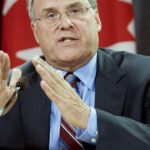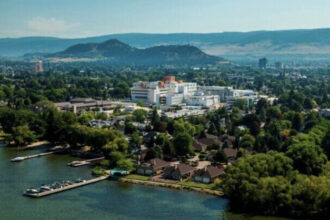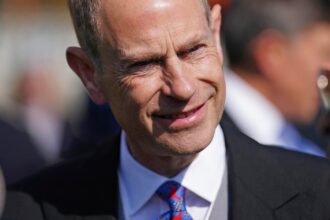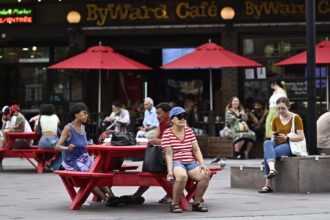As British Columbia’s provincial election heats up, a troubling wave of false narratives threatens to undermine the democratic process. Elections BC has been forced to take unprecedented steps to combat misinformation circulating across social media platforms, messaging apps, and even in face-to-face conversations.
“We’re seeing a concerning trend of false information that could potentially confuse voters and damage trust in our electoral system,” said Anton Boegman, BC’s Chief Electoral Officer, during an emergency press briefing yesterday. “The volume and sophistication of misinformation this election cycle is something we haven’t witnessed before.”
Among the most prevalent falsehoods is the claim that mail-in ballots will not be counted unless the election is close. Elections BC has categorically denied this, confirming that every valid ballot is counted regardless of the margin between candidates. Another widespread rumor suggests voters can cast ballots via text message or social media platforms – a dangerous falsehood that could disenfranchise unsuspecting voters.
The digital landscape has significantly complicated election integrity efforts. An analysis by the Digital Democracy Project found that misleading election content receives approximately six times more engagement than corrections from official sources. This amplification effect creates what researchers call “information cascades,” where false narratives gain momentum through repeated sharing.
“What we’re seeing isn’t merely confusion – there appears to be coordinated attempts to sow distrust,” explained Dr. Elizabeth Chen, digital media researcher at the University of British Columbia. “When voters receive conflicting information about when, where, and how to vote, some may simply opt out of participating altogether.”
Elections BC has implemented a rapid-response team dedicated to monitoring and countering false information in real-time. Their newly launched portal allows voters to verify election information and report suspicious content. Additionally, partnerships with major social media companies have been established to expedite the removal of demonstrably false election information.
The challenge extends beyond online spaces. Community organizations across the province report encountering voters who have received incorrect information through word-of-mouth channels. In response, Elections BC has distributed multilingual educational materials to community centers, libraries, and places of worship to ensure accurate information reaches all communities.
“This isn’t a partisan issue,” emphasized Boegman. “Protecting election integrity benefits everyone across the political spectrum. Our democracy functions best when citizens can make decisions based on facts rather than fiction.”
Political analysts suggest this surge in misinformation reflects broader global trends. Similar patterns have emerged in recent elections throughout democratic nations worldwide, prompting electoral authorities to develop increasingly sophisticated countermeasures.
For voters navigating this complex information environment, experts recommend relying exclusively on official elections authorities for voting procedures, verifying information before sharing, and reporting suspected misinformation to Elections BC directly.
The provincial election, scheduled for October 19th, will test not only the competing visions for British Columbia’s future but also the resilience of its democratic institutions against this evolving threat. As economic concerns top voter priorities, ensuring the election itself reflects the genuine will of British Columbians has never been more critical.
As citizens prepare to cast their ballots in this consequential election, a profound question emerges: In an age where information flows freely but not always truthfully, how can we collectively safeguard the integrity of our democratic processes for generations to come?

























